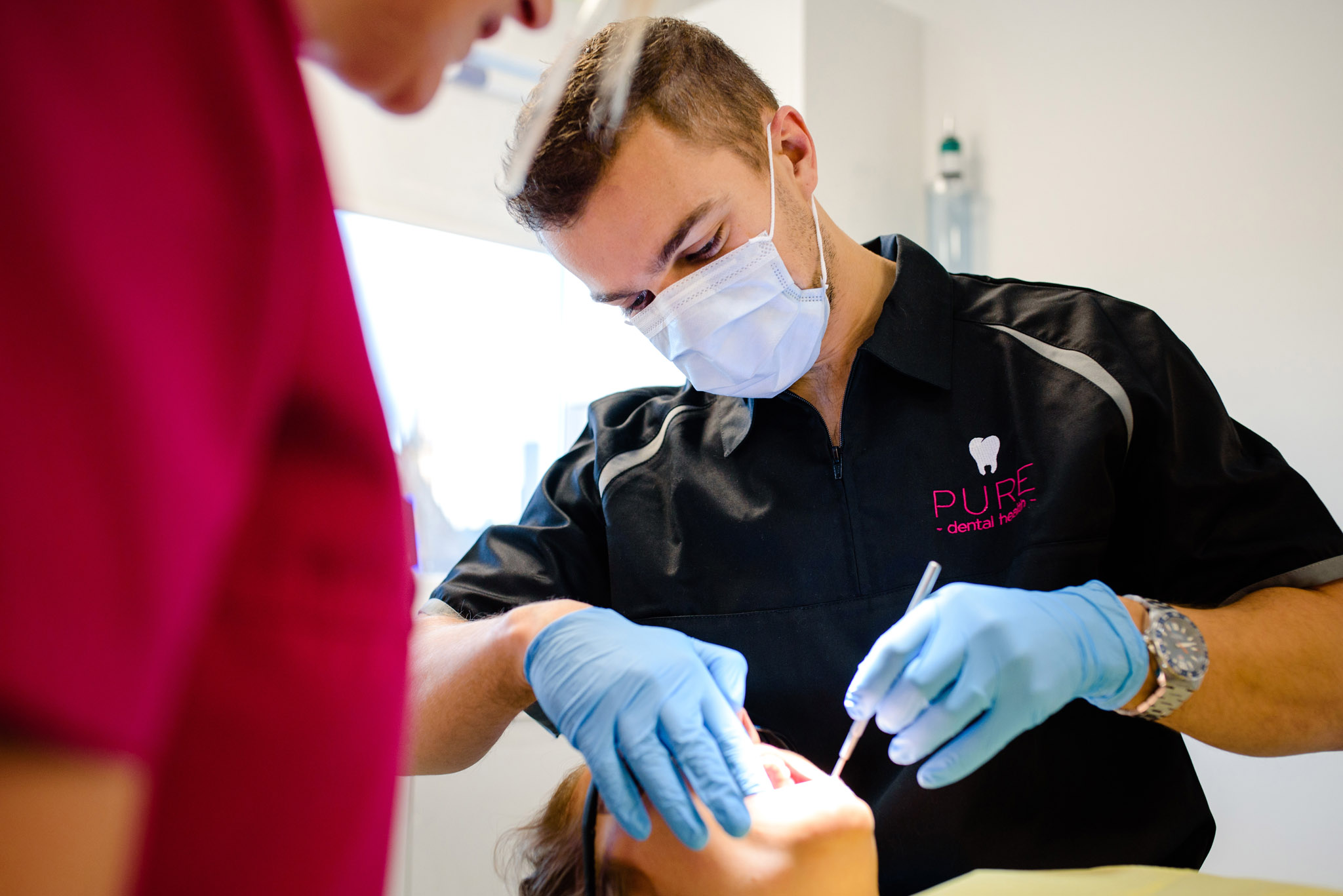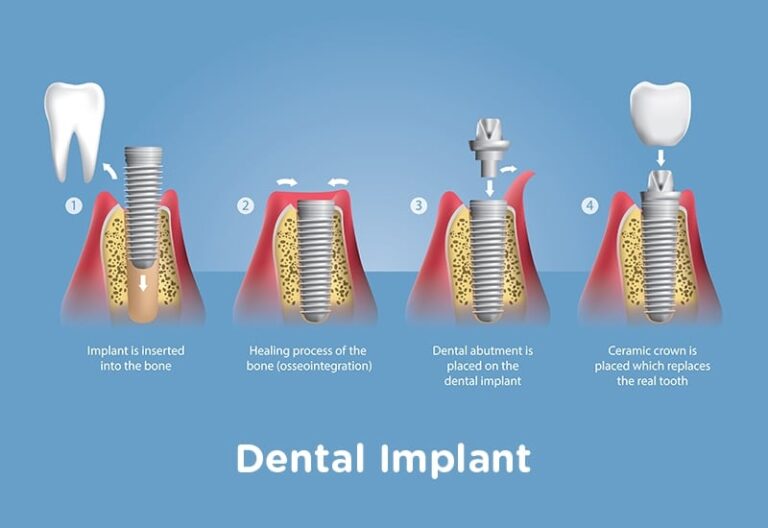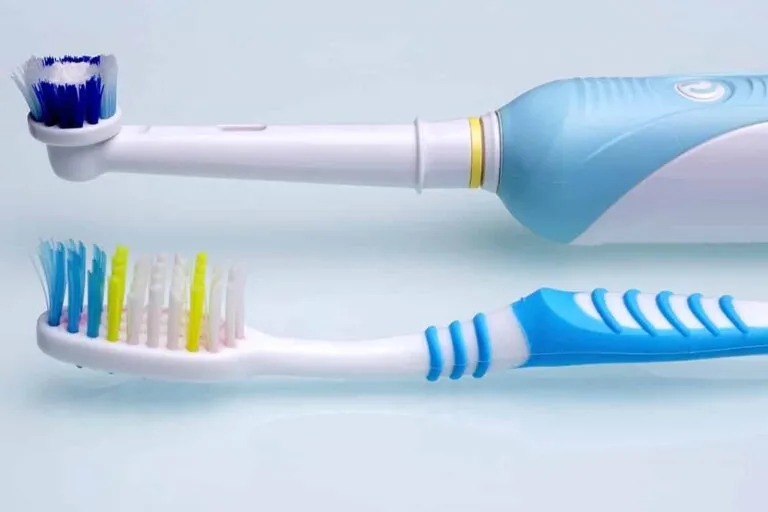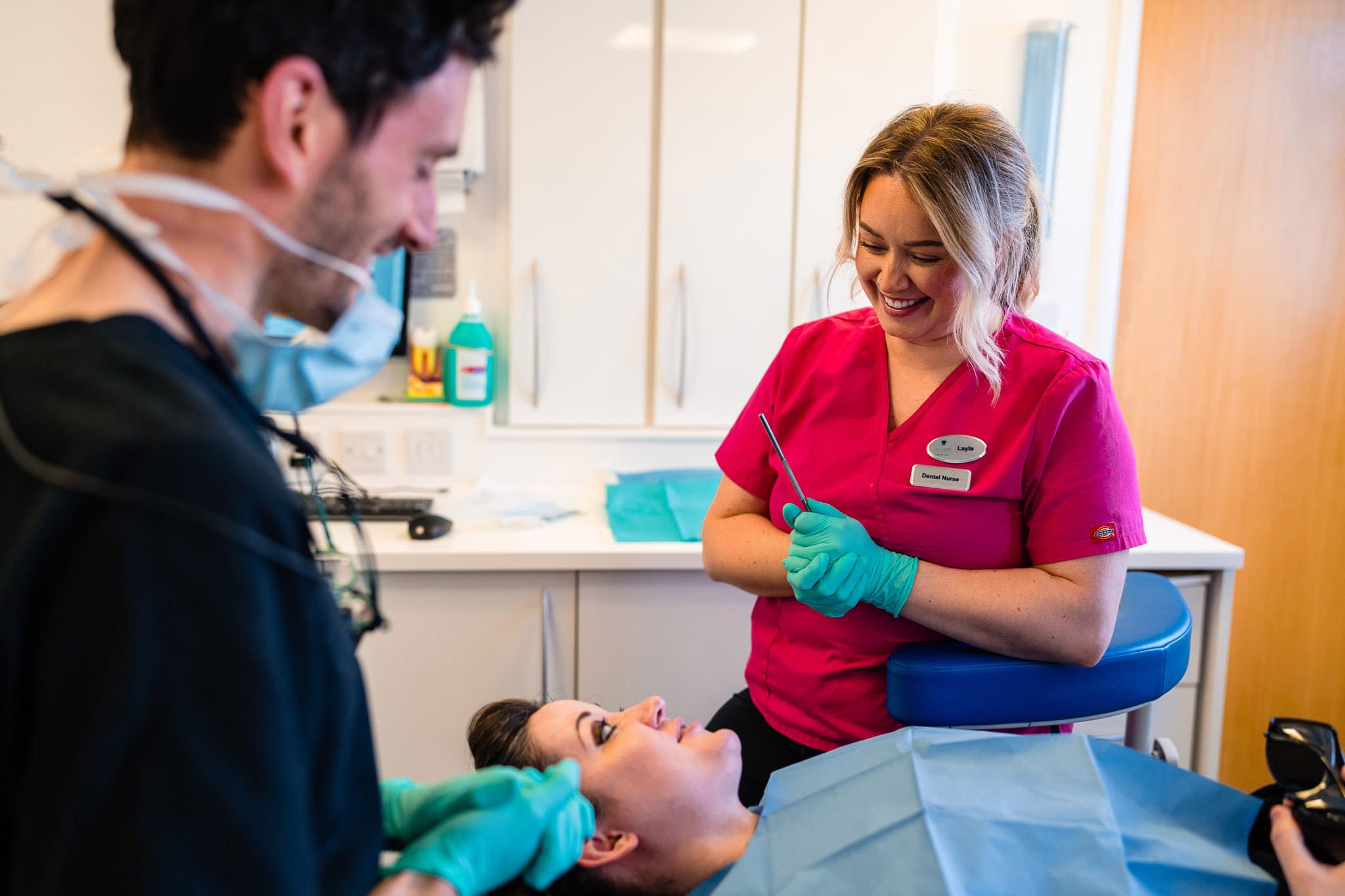If you’ve been told you need a filling, it’s natural to start thinking about the cost. The answer isn’t always simple. Working out the difference between NHS and private treatment can feel confusing.
Private dentistry can seem like a big step, especially if you’ve only been to an NHS practice. The first question most people ask is simple: how much is a filling at a private dentist in the UK?
This guide gives you clear answers. We’ll look at typical costs, explain why prices vary, and show what’s included in the fee. You’ll also see how private and NHS charges compare, along with your options in Cornwall.
By the end, you’ll know what to expect when budgeting for a filling and how to plan treatment with confidence.
Private Dental Filling Costs at a Glance
Quick Price Overview
Private fillings in the UK usually cost between £80 and £300 per tooth. The exact fee depends on the size of the cavity, the tooth’s location, and the material chosen. Private dental filling prices in the UK vary by practice. Most fall within these ranges:
- White composite fillings: £150–£300 (stable for those also aged between 7-15 yrs)
- Porcelain or ceramic inlays/onlays: £450–£950 (most durable option if looked after)
- Glass ionomer fillings: £90–£150 (lasts 6-18 months)
- Amalgam (silver) fillings: £90–£160 (not something we offer at Pure Dental)
Smaller, simpler restorations fall at the lower end of the scale. Bigger or deeper cavities usually cost more. Back teeth, which take more chewing force, often sit at the higher end.
Cost Comparison: Private vs NHS Fillings
NHS dental treatment in England uses a Band 2 charge. This covers fillings at a fixed cost, so you pay one set fee for all filling work.
Private dentistry is different. Private dentist filling charges are calculated per tooth and depend on the material. Prices are higher. Even so, many patients prefer the flexibility, shorter waits, and natural results. For many families and professionals in Cornwall, that convenience outweighs the extra cost.
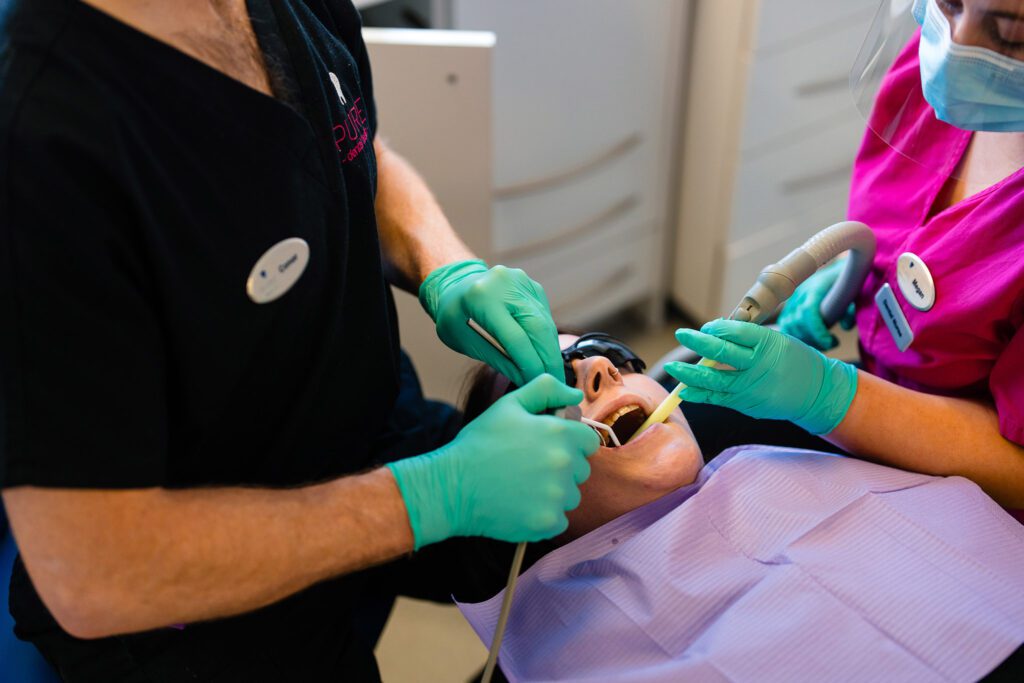
4 Types of Private Fillings and Their Costs
1. White Composite Fillings (£150–£300)
White fillings or formally known as white composite fillings are the most popular choice. It blends with your tooth shade, so the filling is virtually invisible. Dentists apply it in layers, harden each with light, then shape and polish until it feels smooth. Costs rise if the filling covers several surfaces, is deep, or sits in a back tooth that needs extra strength.
2. Porcelain inlay /Ceramic Fillings (£450–£950)
A ceramic filling is a dental restoration used to repair damaged teeth. Made from ceramic materials and are customised to match you natural tooth colour.
Also called inlays or onlays, these are custom-made in a dental laboratory. They suit larger cavities needing extra strength. Ceramic is durable (can last up to 15 – 20 years), stain resistant, and designed to match enamel. Lab work and precision fitting mean higher costs.
3. Glass Ionomer Fillings (£80–£150)
Glass ionomer fillings – bond to the tooth and releases fluoride to help protect against decay. It’s often used on non-biting surfaces, near the gumline, or as a temporary option. Can last up to 6-16 months once places, depending on care and upkeep.
4. Amalgam Fillings (£90–£160)
Amalgam has been used for many years, but its silver colour makes it highly visible, particularly on front teeth. Although quicker to place than composites—helping to reduce costs—we do not recommend amalgam fillings, as they have been shown to weaken teeth over time.
Additionally It is banned in most of Europe, and while we are still using it at Pure Dental, we haven’t placed any for 15+ years.
What Factors Affect Private Filling Costs?
Size and Complexity of the Cavity
A small surface filling is straightforward and usually less expensive. Deeper cavities usually cost more. The same is true if several tooth surfaces are involved. Extra steps, such as liners or matrix systems, can also increase the fee.
Tooth Location and Accessibility
Molars at the back are harder to reach and take longer to restore. They take more chewing force. Fillings in these teeth must be carefully shaped for durability. Front teeth, meanwhile, demand careful shade matching for a natural look.
Dentist Experience and Clinic Reputation
Clinics with advanced materials, digital tools, and highly experienced dentists may charge more. That said, a well-placed filling from a skilled clinician can last longer. This can save you money and discomfort over time.
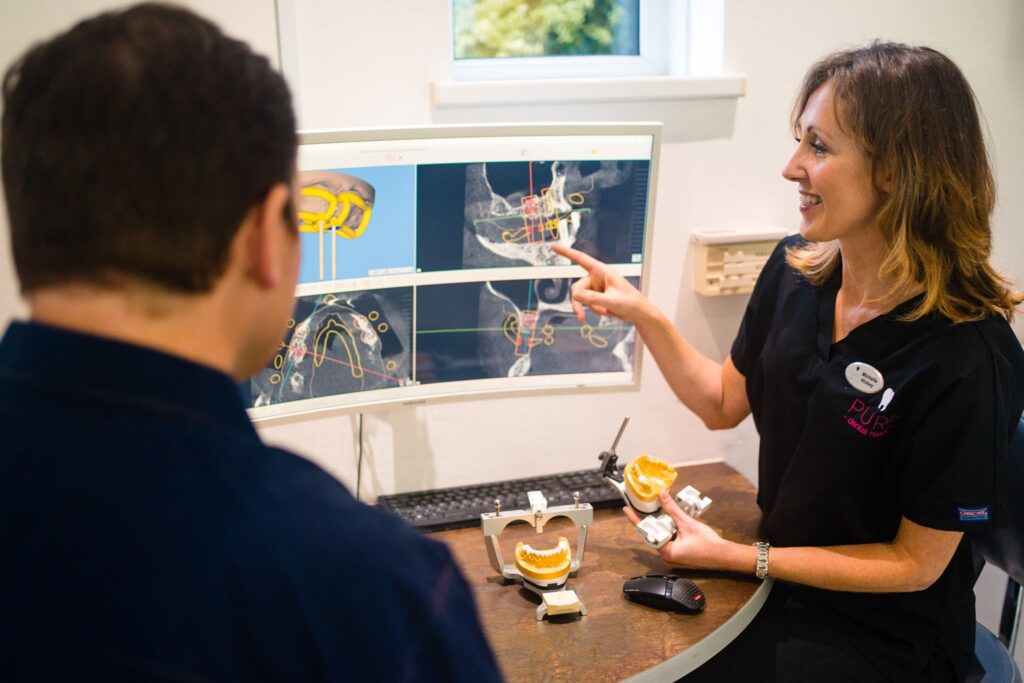
Breaking Down Private Filling Costs in Cornwall
What’s Included in Your Private Filling Fee
Your private tooth filling cost covers more than the material itself. At Pure Dental, it includes every stage of care:
- Consultation and diagnosis: This includes a full dental check and a discussion of symptoms. X-rays may also be taken if needed.
- Treatment planning: Clear explanation of material options, expected results, and cost.
- Local anaesthetic and comfort: Numbing gel and gentle injections so you stay relaxed.
- Infection control and isolation: A dry, clean working area to ensure the filling lasts.
- Precise placement: Careful layering, bonding, and shaping of the filling material.
- Bite check and polish: Adjustments for comfort and a natural shine.
- Aftercare advice: Guidance on brushing, sensitivity, and maintenance.
- Ongoing support: Our team is available if you have questions or need reassurance afterwards.
- Dental phobia and anxiety expert care.
For patients in Truro and across Cornwall, this means the cost of a filling isn’t just about restoring a tooth. It’s about skilled treatment and clear communication. Most of all, it’s about feeling confident your care meets the highest standard.
Pure Dental’s Transparent Approach to Pricing
We know cost is one of the biggest concerns for patients. That’s why we explain every stage clearly. Any additional needs, such as X-rays or protective liners, are discussed before treatment. No hidden extras, just honest guidance. We explain private dental filling fees in plain English so you know exactly what to expect.
You can view our pricing guide here and explore any of our dental finance options. We also offer a dental membership plan.
Private Filling Payment Options
Payment Plans and Finance Options
Many patients prefer to spread the cost. Pure Dental offers interest-free payment plans for certain treatments. This makes budgeting easier, especially if multiple fillings are needed.
Dental Insurance Coverage
Some insurance policies contribute towards private dental care. Always check annual limits, exclusions, and waiting periods. Bring your policy details to your consultation, and we can guide you on what may be covered.
Budget-Friendly Tips for Private Dental Care
- Book regular check-ups to catch small cavities early
- Keep hygiene visits to prevent decay
- Choose the most appropriate material for each tooth
- Ask about membership plans for preventive savings
When Do You Need a Filling? Signs and Symptoms
Early Warning Signs of Tooth Decay
Watch out for:
- Sensitivity to cold, sweet, or hot foods
- Pain or twinges when biting
- Dark spots or rough edges on a tooth
- Food getting trapped or floss snagging
Emergency vs Routine Filling Needs
A sharp edge from a broken filling, swelling, or severe pain needs urgent care. Mild sensitivity, however, can usually be managed with a routine appointment. If you’re not sure, and think you need an emergency appointment call Pure Dental and we’ll advise you.

Why Choose Private Over NHS for Fillings?
Material Quality and Longevity
Private care gives you access to more materials. It also offers advanced techniques for placing fillings. This can improve durability, comfort, and appearance.
Convenience and Speed
Private practices often have shorter waiting times. They also give more flexible appointment slots and allow longer consultations. That means less disruption to work or family life.
Comprehensive Care and Follow-Up
With private treatment, you receive detailed aftercare. You’ll also have regular reviews to keep your fillings in good shape and your smile healthy.
What to Expect During Your Private Filling Appointment
Initial Consultation and Assessment
Your first visit focuses on understanding your needs and putting you at ease. The dentist begins with a gentle check of your teeth, gums, and bite. Small X-rays may be taken to see below the surface and show the depth of the cavity.
This stage is as much about conversation as diagnosis. You’ll be asked about any symptoms, such as sensitivity or pain when chewing. The dentist explains your options and shares the pros and cons of each material. You’ll also get a clear estimate before treatment starts. Patients often find this removes the worry of hidden costs.
The Filling Procedure Explained
On the day of treatment, comfort comes first. A local anaesthetic numbs the area so you won’t feel pain. Most patients describe only light pressure or vibration.
The dentist prepares the tooth by removing decay and shaping the space for the filling. For composite, the surface is etched and primed so the material bonds securely. It is placed in layers, hardened with light, then shaped and polished until it matches your tooth.
For ceramic or porcelain inlays, the dentist takes an impression or digital scan. A temporary filling is used while the lab makes the restoration. At the fitting, the inlay is bonded into place for a seamless result.
Your bite is checked by asking you to gently close your teeth together. Adjustments are made until it feels comfortable. A final polish leaves a smooth finish that blends with the enamel.
Aftercare and Maintenance
The anaesthetic usually wears off within a couple of hours. Most patients can return to normal activities after that. Avoid chewing on the treated side until the numbness has gone to prevent biting your cheek or tongue.
Temporary sensitivity to cold or pressure is common, especially with deeper fillings. It usually settles within a few days. Your dentist may suggest desensitising toothpaste.
Looking after a filling is simple. Brush twice daily, use fluoride toothpaste, and floss gently to keep the area clean. If you grind your teeth, a night guard may be recommended to protect the restoration.
You’ll also get advice on diet and hygiene to prevent decay returning. Regular check-ups and hygiene visits help fillings last for many years.
Many patients say the process is quicker and more comfortable than expected. A standard composite filling often takes less than an hour. More complex inlays or multiple fillings may take longer.
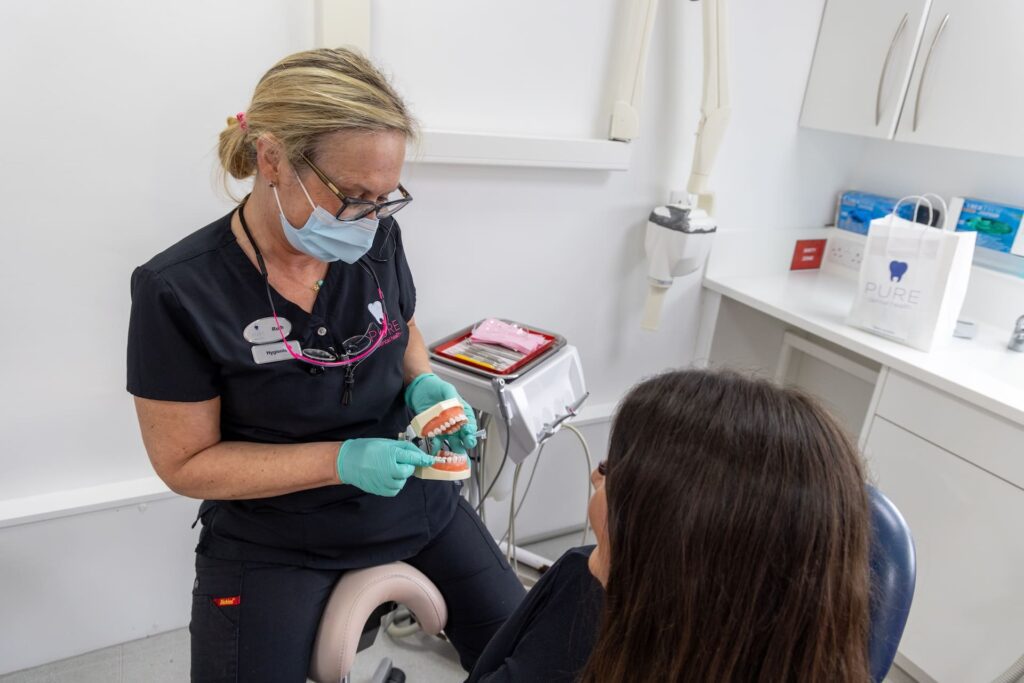
Choosing the Right Private Dentist in Cornwall
What to Look for in a Private Dental Practice
- Transparent pricing
- Choice of materials
- Gentle, patient-centred care
- Good local reputation
- Accessible aftercare
Why Pure Dental Patients Choose Us
Patients in Truro and across Cornwall value our calm environment. They also appreciate our clear communication and finishing touches. We combine advanced techniques with a friendly, supportive approach. Our pricing is always clear.
Simple Steps Toward Stress-Free Dental Care
Private fillings in the UK typically range from £80 to £300 per tooth. The exact fee depends on the cavity size and the material used. It also reflects the time needed for a precise, comfortable result.
At Pure Dental in Truro, we believe cost should never feel confusing or unpredictable. Our patients know what’s included, from the first consultation to the final polish. They also value the time we take to explain each step. Transparent pricing and flexible appointments make care easier to plan. A calm, supportive team also makes treatment more comfortable to experience.
Take the First Step Toward a Healthier Smile
Ready to move forward with treatment? Book your dental check-up today and get a tailored quote for the most suitable filling option. At Pure Dental in Truro, we make private fillings simple, clear, and affordable. Schedule your consultation now and start planning your care with confidence.
Frequently Asked Questions About Private Filling Costs
Are private fillings worth the extra cost?
Yes, for many patients. They offer more choice, better aesthetics, and faster access.
How long do private fillings last?
Composite can last years with good care. Ceramic inlays and onlays are durable.
Can I get a quote before treatment?
Yes. You’ll receive a written plan with clear fees after your assessment.
What happens if my filling needs repair?
Minor chips or staining can often be polished. Larger issues may need partial repair or replacement.
Are private fillings better than NHS?
Private fillings offer more choice and faster access. NHS fillings are cost-effective and clinically sound but more limited.
Is £300 a lot for a filling?
It’s the upper end, usually for large or ceramic restorations.
How much does NHS charge for a filling?
In England, fillings fall under Band 2 with a national fee updated each April.
How much is a private UK filling?
A private UK filling usually costs between £80 and £300 depending on the material and tooth.
Can I pay monthly for a private dentist?
Yes, many practices — including Pure Dental — offer payment plans and memberships.
Tooth filling prices private — what should I expect?
The cost depends on the size of the cavity, the material, and where the tooth sits.
